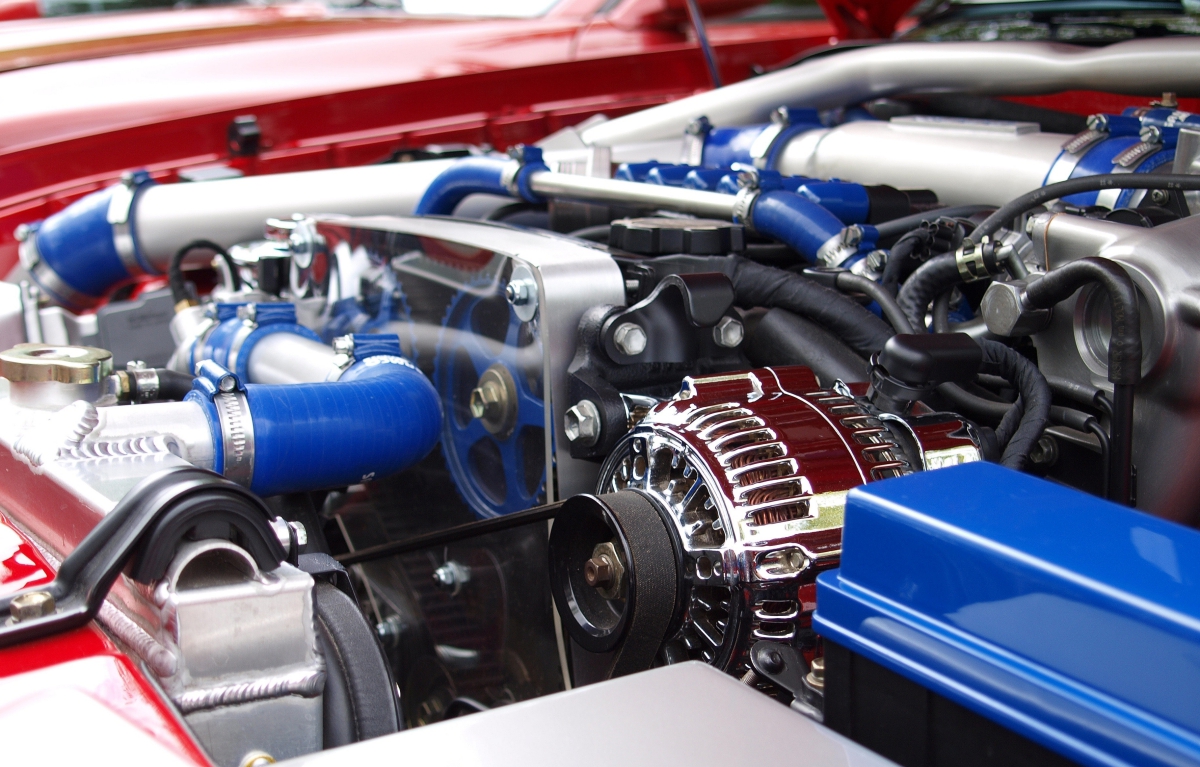How Technology Can Alleviate Automotive Supply Chain Pressures
3 minutes, 41 seconds read

From the Ford assembly line to the Toyota Production System, the automotive industry is known innovations that push production further. Today, however, the automotive production process faces more rapid transformation than ever. Automotive supply chains are seeing pressure from a range of outside sources that is causing vehicle manufacturers to, in some instances, rethink the traditional supply chain.
Pressures on automotive supply chains include:
- Increasing technological disruption. Telematics-enabled vehicles achieve longer run time thanks to better preventative maintenance. Smart and self-driving vehicles are changing expectations around vehicle performance. These and other technologies are reinventing the automotive supply chain.
- Greater regulatory scrutiny. In the United States alone, the number of vehicle recalls has increased over the last 20 years, growing 26% in 2016 alone. These challenges, combined with the recent change in hours of service regulations on truckers and increased insurance requirements are drawing greater oversight of vehicle production and operation.
- Changing logistics. Major driver shortages are slamming the trucking industry while increased rail congestion and port shutdowns are limiting alternative transportation options.
According to global consulting firm Deloitte, “Automotive companies are reconfiguring supply chains, increasing reliance on technology suppliers, and retooling production operating systems to be even more lean, flexible, and nimble.”
How technology can help
Many automotive suppliers are embracing Industry 4.0, harnessing digital solutions, to rethink how they meet consumer needs. Consider the following examples of how technology is transforming the automotive supply chain:
1. Artificial intelligence is making better use of data
McKinsey & Co. predicts that within the next 20 years, AI will transform factory floors. Through machine learning, AI systems can filter out variables that may hide quality control problems and continually improve its analysis. In the future, factories will use AI-based quality testing to analyze root causes of defects and improve production processes. McKinsey predicts productivity increases in visual quality inspection of up to 50 percent.
In addition, AI may better support just in time processes with more accurate forecasting of supply and demand. AI-powered supply chains can more flexibly adapt to unforeseen events by incorporating instant data into advertising campaigns or price changes. That kind of data access will allow AI to autonomously adjust routes and volumes to meet predicted demand spikes.
2. Technology is providing greater insight into component movement and quality
An average vehicle has roughly 30,000 distinct parts, and those components may be arriving for final assembly from points around the world. Today, Internet of Things (IoT) connectivity allows the OEM to know exactly where components are and what condition they’re in.
An IoT system can send alerts should a problem occur during transit. For example, sensors can alert the end-user if a shipment of fragile parts is handled roughly or if sensitive components are subject to temperature fluctuation. Rather than waiting until goods arrive to discover a problem, the supply chain manager can immediately order a replacement shipment.
3. Technology is driving new value from engaged employees at all levels of the chain
Consider, simulated truck driving video games enticed Ellie O’Daire to investigate a job driving for Wilsons Logistics. Owner and operator Darrel Wilson told NPR, that the new technology on today’s long-haul trucks—such as cameras and computers that watch lanes, look out for obstacles and even hit the brakes automatically—can help drivers turn trucking “into a big video game.” That type of interaction appeals to a new generation of potential drivers.
Technology can also engage workers assembling vehicles on the factory floor. Tools such as the Rever app encourage employees to take ownership of the assembly process. Rever allows frontline workers to submit creative ideas for process improvement and track those ideas to implementation. Not only do employees get recognition through the app, but they get to see their ideas make an impact on the factory floor and drive improvement in processes and products.
Rethink tech and people processes
While technology will play a significant role in every level of future automotive manufacturing, technology alone is not enough. Plant managers must rethink processes to compete with the outside-the-box innovation disrupting the traditional way of doing business.
By harnessing the creativity of the frontline operators who know processes best, manufacturers (and trucking operations too) can more strongly compete and succeed in the new automotive manufacturing landscape.
Like this content? Sign up for our Newsletter
[hubspot type=form portal=561211 id=fda6d445-739e-4072-8dae-68b94971a266]THE FRONTLINE DOJO
More Articles
How to develop the next billion Knowledge Workers
3 minutes, 51 seconds read
Digital transformation in manufacturing is not what you think it is
10 minutes, 36 seconds read
The human side of change management: lessons learned from Toyota, Airbus, and Silicon Valley
1 minute, 28 seconds read
The true meaning of Genchi Genbutsu
3 minutes, 5 seconds read